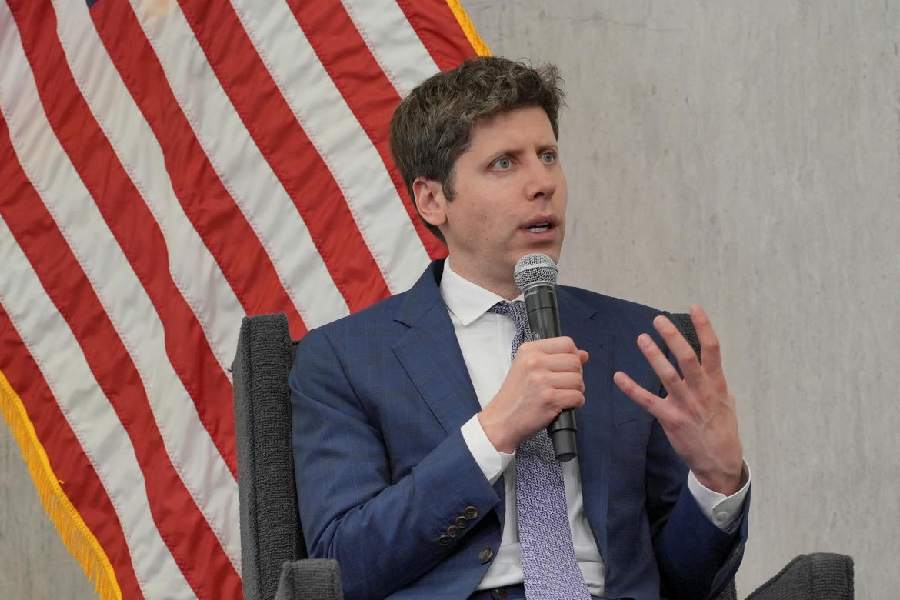OpenAI is poised to challenge Meta and Chinese AI startup DeepSeek with its own free open-weight artificial intelligence models. Dubbed GPT-OSS-120b and GPT-OSS-20b, the two models promise to deliver “strong real-world performance at low cost”.
As the name suggests, there are 120-billion parameter and 20-billion parameter versions that are free to download and can be customised by developers.
Meta’s Llama models are on similar lines. For OpenAI, the new releases are a departure from ChatGPT, which is based on a “closed” model that cannot be customised.
“We are excited for the world to be building on an open AI stack created in the United States, based on democratic values, available for free to all and for wide benefit,” OpenAI CEO Sam Altman said in a post on X/Twitter. “We’re excited to make this model, the result of billions of dollars of research, available to the world to get AI into the hands of the most people possible. We believe far more good than bad will come from it.”
He said that GPT-OSS-120b performs about as well as “o3 on challenging health issues”. The larger and more capable model can run on a single Nvidia GPU, and GPT-OSS-20b model can run on a consumer laptop with 16GB of memory.
The new launches are OpenAI’s first “open” language model since GPT-2, which was released more than five years ago. Till a few months ago, Altman had put across safety concerns as a reason for not releasing a follow-up. But developers have rushed to open models because to their lower cost and customisability.
After the rise of DeepSeek, Altman said in an Ask Me Anything on Reddit in February: “I personally think we have been on the wrong side of history here and need to figure out a different open source strategy; not everyone at OpenAI shares this view, and it’s also not our current highest priority.”
With the new open-weight models, OpenAI says it can perform reasoning tasks, browse the web, write code, and operate agents via the company’s existing APIs. As far as safety goes, the company says that GPT-OSS is its most meticulously tested model to date and that it was tested with external safety firms.
“Although we believe most people will want to use a convenient service like ChatGPT, people should be able to directly control and modify their own AI when they need to, and the privacy benefits are obvious,” Altman said.
Meanwhile, OpenAI is expected to hit 700 million weekly active users for ChatGPT this week, up from 500 million in March. The figure covers all ChatGPT artificial intelligence products — free, Plus Pro, Enterprise, Team, and Edu. “Every day, people and teams are learning, creating, and solving harder problems,” said Nick Turley, VP of product for ChatGPT, while announcing the benchmark.











